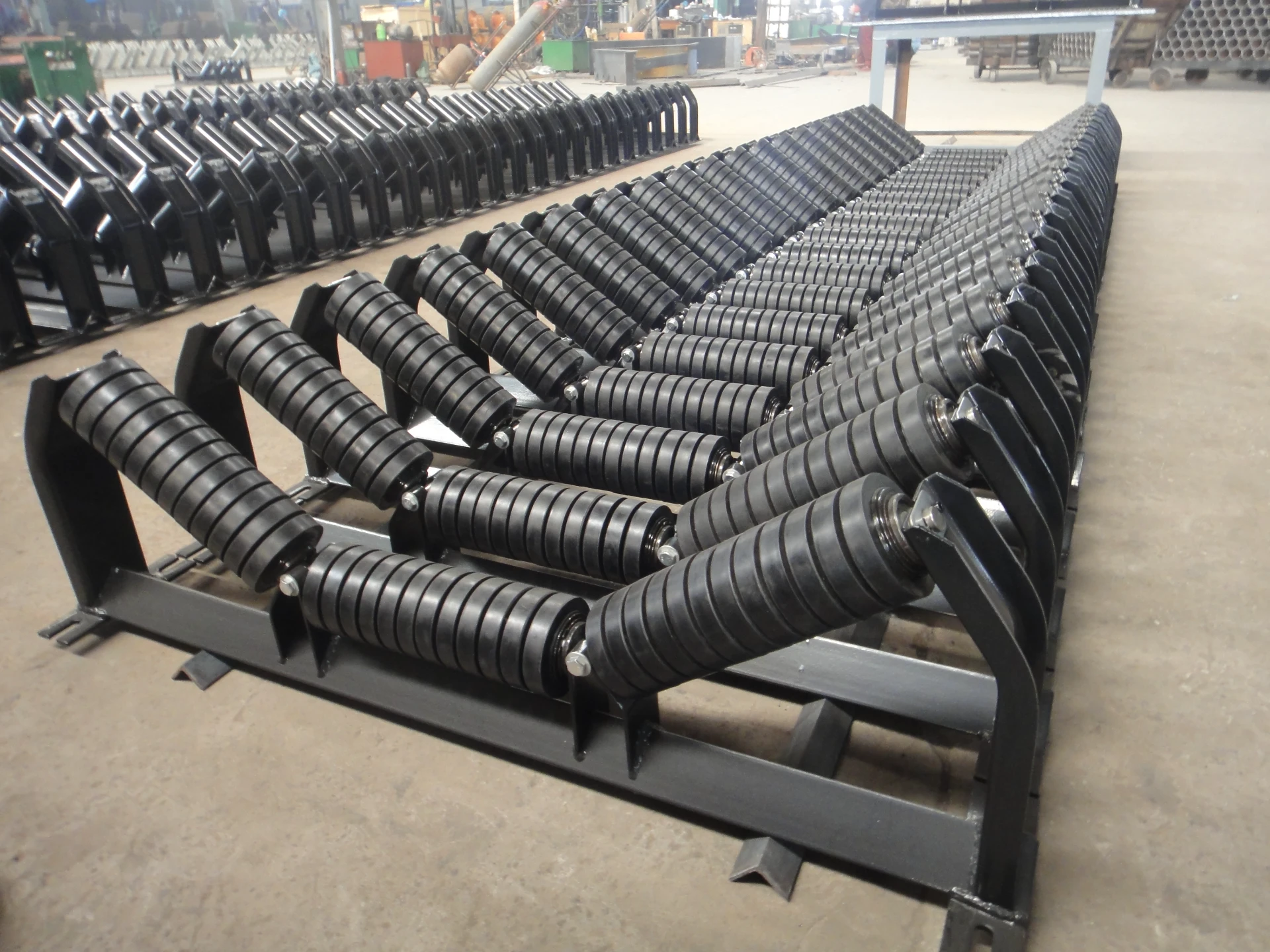 Afrikaans
Afrikaans  Albanian
Albanian  Amharic
Amharic  Arabic
Arabic  Armenian
Armenian  Azerbaijani
Azerbaijani  Basque
Basque  Belarusian
Belarusian  Bengali
Bengali  Bosnian
Bosnian  Bulgarian
Bulgarian  Catalan
Catalan  Cebuano
Cebuano  Corsican
Corsican  Croatian
Croatian  Czech
Czech  Danish
Danish  Dutch
Dutch  English
English  Esperanto
Esperanto  Estonian
Estonian  Finnish
Finnish  French
French  Frisian
Frisian  Galician
Galician  Georgian
Georgian  German
German  Greek
Greek  Gujarati
Gujarati  Haitian Creole
Haitian Creole  hausa
hausa  hawaiian
hawaiian  Hebrew
Hebrew  Hindi
Hindi  Miao
Miao  Hungarian
Hungarian  Icelandic
Icelandic  igbo
igbo  Indonesian
Indonesian  irish
irish  Italian
Italian  Japanese
Japanese  Javanese
Javanese  Kannada
Kannada  kazakh
kazakh  Khmer
Khmer  Rwandese
Rwandese  Korean
Korean  Kurdish
Kurdish  Kyrgyz
Kyrgyz  Lao
Lao  Latin
Latin  Latvian
Latvian  Lithuanian
Lithuanian  Luxembourgish
Luxembourgish  Macedonian
Macedonian  Malgashi
Malgashi  Malay
Malay  Malayalam
Malayalam  Maltese
Maltese  Maori
Maori  Marathi
Marathi  Mongolian
Mongolian  Myanmar
Myanmar  Nepali
Nepali  Norwegian
Norwegian  Norwegian
Norwegian  Occitan
Occitan  Pashto
Pashto  Persian
Persian  Polish
Polish  Portuguese
Portuguese  Punjabi
Punjabi  Romanian
Romanian  Russian
Russian  Samoan
Samoan  Scottish Gaelic
Scottish Gaelic  Serbian
Serbian  Sesotho
Sesotho  Shona
Shona  Sindhi
Sindhi  Sinhala
Sinhala  Slovak
Slovak  Slovenian
Slovenian  Somali
Somali  Spanish
Spanish  Sundanese
Sundanese  Swahili
Swahili  Swedish
Swedish  Tagalog
Tagalog  Tajik
Tajik  Tamil
Tamil  Tatar
Tatar  Telugu
Telugu  Thai
Thai  Turkish
Turkish  Turkmen
Turkmen  Ukrainian
Ukrainian  Urdu
Urdu  Uighur
Uighur  Uzbek
Uzbek  Vietnamese
Vietnamese  Welsh
Welsh  Bantu
Bantu  Yiddish
Yiddish  Yoruba
Yoruba  Zulu
Zulu Cost Analysis of Belt Conveyor Rollers for Efficient Material Handling
Understanding the Pricing of Belt Conveyor Rollers
Belt conveyors are integral components in various industries, enabling the efficient movement of goods from one point to another. A significant part of these systems is the conveyor roller, which supports the conveyor belt and allows it to move smoothly. The price of belt conveyor rollers can vary widely based on several factors, and understanding these can help businesses make informed purchasing decisions.
Factors Affecting Roller Prices
1. Material Composition Conveyor rollers are typically made from materials like steel, plastic, or rubber. Steel rollers tend to be more durable and capable of handling heavier loads, making them more expensive. Conversely, plastic rollers can be lighter and less costly but may not be suitable for all applications. The choice between materials directly affects the overall cost.
2. Roller Diameter and Length The size of the roller also plays a crucial role in pricing. Larger diameter rollers can support more weight and may be required for specific applications, but their production costs are higher. Additionally, custom lengths can increase costs further, as fewer standard rollers are produced for unique requirements.
3. Roller Design Advanced designs, such as tapered rollers or those with built-in features like sealing or enhanced bearings, can command higher prices. These designs improve performance and reduce maintenance needs, which can justify the higher upfront cost.
4. Quantity Purchased Like many other industrial components, purchasing in bulk typically leads to discounts. Suppliers may offer better pricing for larger orders due to reduced manufacturing and shipping costs. Therefore, businesses with ongoing conveyor needs might benefit from establishing a good supplier relationship.
belt conveyor roller price

5. Brand Reputation Well-established manufacturers often charge premium prices due to their reputation for quality and reliability. While these products may cost more initially, investing in higher-quality rollers can reduce long-term maintenance and replacement costs.
6. Market Demand and Supply Fluctuations in the demand for conveyor rollers can lead to price changes. During peak times when construction or manufacturing is booming, for example, prices may rise due to increased demand for materials and components.
Average Prices
As a general guideline, the price of belt conveyor rollers can range from $5 to over $100 per roller, depending on the factors mentioned above. Standard steel rollers might hover around the $20 to $40 mark, while specialized rollers can easily exceed $80, particularly if they are designed for heavy-duty applications.
Conclusion
In summary, the price of belt conveyor rollers is influenced by a variety of factors, including material composition, size, design, quantity purchased, brand reputation, and market dynamics. Understanding these factors can help businesses navigate the purchasing process more effectively, ensuring they select the right components for their specific needs while also managing costs. When sourcing conveyor rollers, it is essential to balance quality and price to find the most suitable option for the intended application, considering not only the initial investment but also the long-term operational and maintenance costs. As with any industrial purchase, taking the time to research and compare options will yield the best outcomes in the long run.
-
Revolutionizing Conveyor Reliability with Advanced Rubber Lagging PulleysNewsJul.22,2025
-
Powering Precision and Durability with Expert Manufacturers of Conveyor ComponentsNewsJul.22,2025
-
Optimizing Conveyor Systems with Advanced Conveyor AccessoriesNewsJul.22,2025
-
Maximize Conveyor Efficiency with Quality Conveyor Idler PulleysNewsJul.22,2025
-
Future-Proof Your Conveyor System with High-Performance Polyurethane RollerNewsJul.22,2025
-
Driving Efficiency Forward with Quality Idlers and RollersNewsJul.22,2025





























